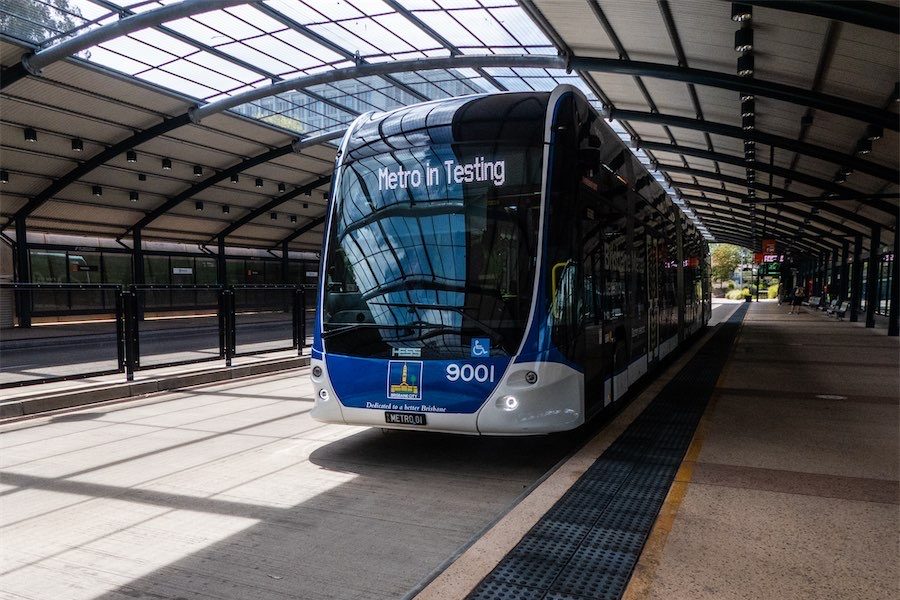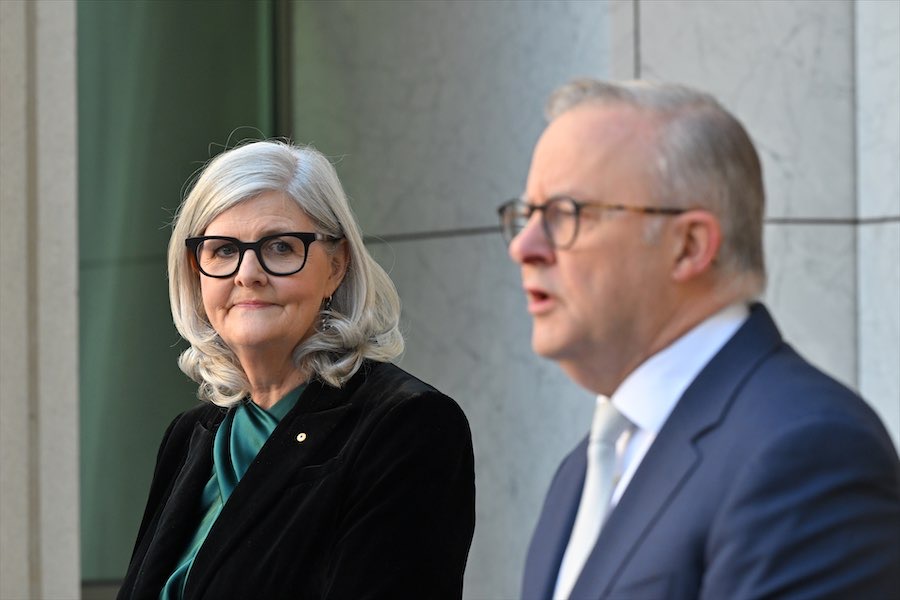VOTERS heard and rewarded announcements by Labor in the final stages of the ACT election campaign that it would develop a comprehensive affordable housing strategy and increase services to people who are homeless.

Promises from the ACT Greens of work on a carers strategy, mandating universal design and disability access; and to address the barriers to improving educational attainment for young people also resonated with voters.
Both Labor and the Greens announced plans to address gaps within and beyond universal health, education and transport services.
The positive response by voters to these promises and commitments should put tackling inequality, ensuring economic prosperity is shared by all and sustaining and enhancing environmental values as top priorities for this term of government.
ACTCOSS is calling on the Labor/Greens government to take prompt and meaningful action to improve the liveability of this city for people who can’t access housing, infrastructure and life chances.
We shouldn’t underestimate the significance of Andrew Barr’s victory in retaining government for a fifth term in the face of significant negative messaging.
However, the community has sought renewal. Voters elected new Labor candidates and a bigger crossbench, all of whom have strong community experience and a demonstrated willingness to engage.
The Chief Minister has a great opportunity to not only progress his agenda, but also to refresh his approach to governing. He has begun by refreshing the ministry. He can do more.
The ACT requires a unique approach to governing. We are a city-state that has to plan, resource and deliver a broader agenda than any other government in Australia: such as mowing the grass alongside preserving nationally significant unique ecosystems; providing basic community infrastructure such as libraries alongside operating a city-wide public transport service; maintaining tertiary hospitals alongside supporting walking school buses and leading a human rights agenda alongside facilitating community inclusion events.
We have the leanest public sector of any jurisdiction. Perhaps this is an efficiency gain from combining responsibilities of local councils and state governments.
MLAs are as accessible as local council politicians, but those with ministerial portfolios have responsibilities and schedules more akin to state cabinet ministers. We have an engaged, well informed citizenry confident in navigating political, policy and regulatory processes.
Combined, these factors mean the ACT government faces high scrutiny, the public sector is managing both strategic and operational issues within limited resources and the community has high expectations of responsiveness and quality.
To successfully navigate this historic fifth term, the government must do better on keeping in touch with the electorate, more clearly articulate the positive social impacts of economic reform and urban renewal, and engage more effectively on contentious issues.
The Labor/Greens Parliamentary Agreement includes commitments to new ways of listening through the tools of deliberative democracy – such as citizens juries, that allow ordinary people to dive deep into complex problems and have a say in public policy.
ACTCOSS, our members and other community peak bodies, is one of the sources of scrutiny of the government. But we are also a source of independent advice, enabling access to diverse community perspectives and provide mechanisms for dialogue and consensus building on critical issues and reform processes.
Community organisation engagement in the election showed a mature, constructive approach to influencing the political agenda, bringing the voices of lived experience into forums and media commentary and engaging candidates as well as party leaders. The government would do well to tap into the expertise, resources and relationships on offer from the community sector.
If the Chief Minister brings the tools of deliberative democracy and the voices of community organisations into his approach to governing, his administration will be remembered as one that was able to refine and improve the approach to governance of this city-state. What better foundation for successfully leading the city through a period of major transition and renewal, while reducing inequality, increasing sustainability and securing our prosperity?
Who can be trusted?
In a world of spin and confusion, there’s never been a more important time to support independent journalism in Canberra.
If you trust our work online and want to enforce the power of independent voices, I invite you to make a small contribution.
Every dollar of support is invested back into our journalism to help keep citynews.com.au strong and free.
Thank you,
Ian Meikle, editor




Leave a Reply